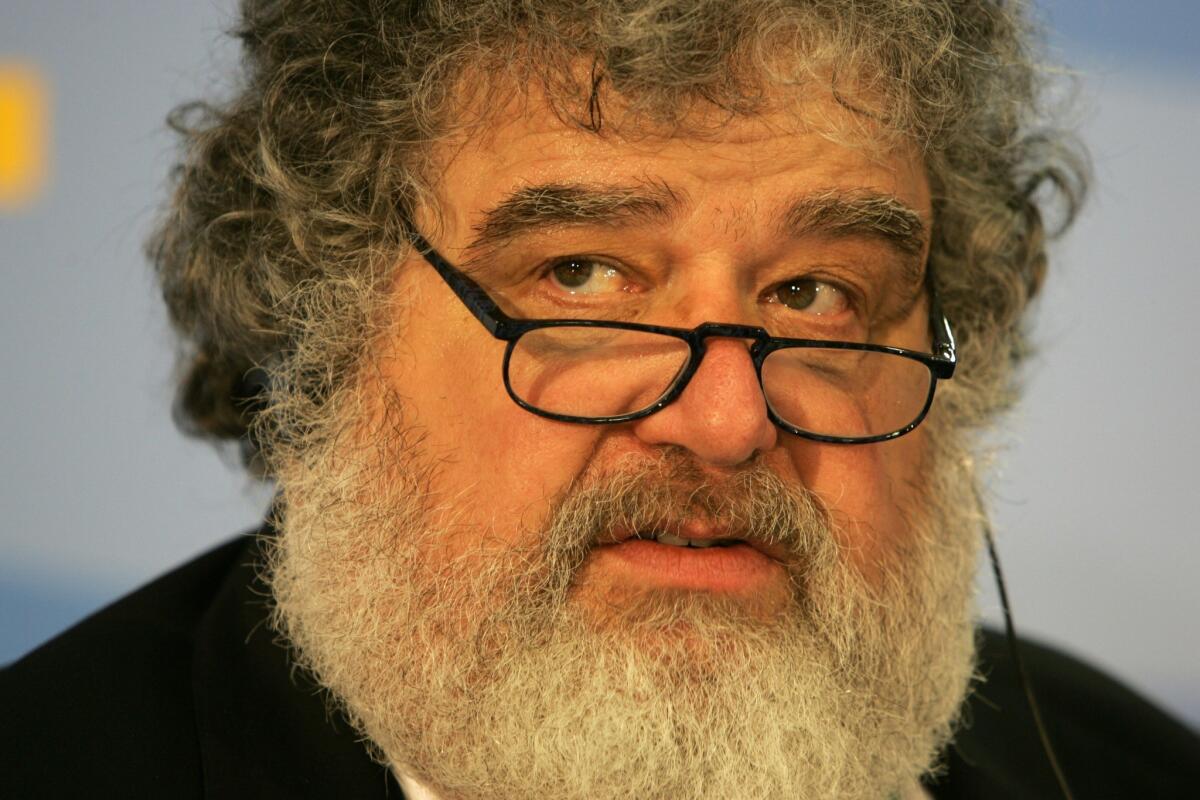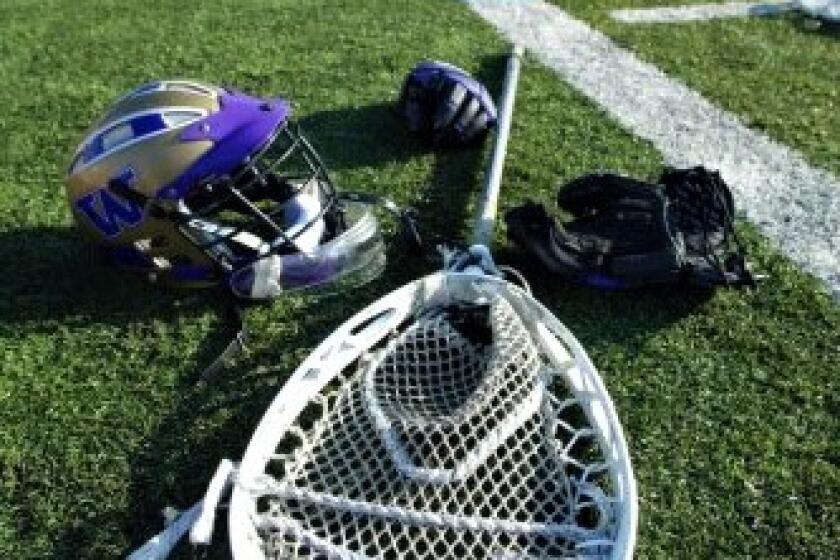FIFA scandal: Chuck Blazer’s testimony is key to case

Chuck Blazer, shown in 2005, admitted to a judge that he was involved with bribery related to the awarding of the 1998 and 2010 World Cups and five Gold Cup tournaments.
- Share via
Chuck Blazer was once one of the most powerful figures in world soccer, living a lavish life in two apartments in New York’s Trump Tower, hobnobbing with the likes of Nelson Mandela and Vladimir Putin.
But on a November morning two years ago, he was in a Brooklyn courtroom, a defeated man sitting in a wheelchair and admitting that he and other international soccer officials had accepted bribes for their support in selecting the host countries for the World Cup in 1998 and 2010.
The brief hearing, captured in a 40-page transcript unsealed for the first time Wednesday, helped unravel the corruption scandal that now has engulfed FIFA, the international body of world soccer, and led to the indictment of 14 other officials and businessmen. The guilty pleas of four others, including Blazer, were made public as well.
Blazer pleaded guilty to 10 counts, including money laundering, racketeering and tax evasion. Though no deal is discussed in the hearing transcript — brief portions are redacted — the implication was clear that Blazer would assist in the investigation.
Blazer’s cooperation included using a recording device to capture conversations to aid in the federal investigation, according to federal sources.
His significance to the investigation was evident at the 2013 hearing when U.S. District Judge Raymond J. Dearie ordered the courtroom doors locked, then asked a security officer to check the hallway for potential eavesdroppers.
“Will you do me a favor and just open the door and see if there is anybody lusting about in the hallway yearning to get in here?” Dearie said. There wasn’t anyone there.
The judge told Blazer, then 68, that he faced a combined maximum of 100 years in prison and $1.6 million or more in fines. It’s unclear whether he was immediately jailed or released. Blazer was turned over to U.S. marshals with a $10-million unsecured bond recommended by prosecutors and his four-member defense team.
Dearie conducted the hearing with a conversational ease, at one point asking Blazer, who was being treated for rectal cancer, about his health. Blazer called the prognosis “good” but noted he also had Type 2 diabetes and coronary artery disease.
The judge then wished Blazer, known for his large frame, unkempt mop of hair and thick white beard, well. Blazer thanked him.
Dearie then turned his attention to the plea agreement, which remains sealed.
“Would you agree that this is an important 19 pages in your life right now?” the judge said.
“Extremely so,” Blazer replied.
A few minutes later, the judge got to the point.
“Mr. Blazer, tell me what you did,” Dearie said.
Blazer admitted to years of corruption while an FIFA executive committee member. Many of the details were disclosed by federal prosecutors last week.
Blazer said he helped to “facilitate the acceptance of a bribe” in connection with the selection of the host for the 1998 World Cup, which ended up in France.
Along with other members of the executive committee, Blazer agreed to accept bribes for the selection of South Africa to host the 2010 World Cup. Blazer was a member of the committee from 1997 to 2013.
He also admitted accepting additional bribes and kickbacks in exchange for broadcast rights to five Gold Cup tournaments. Blazer did not give details, other than saying that some of the transfers were made through New York’s John F. Kennedy International Airport in the form of a check.
He didn’t apologize or express remorse. Instead, each sentence was to the point.
“I did this while violating the federal tax law,” Blazer said.
He didn’t pay federal income tax between 2005 and 2010, a key part of the government’s case.
As the hearing wrapped up, Dearie asked Blazer if he had any questions.
“Nothing,” Blazer said.
nathan.fenno@latimes.com
Twitter: @nathanfenno
richard.serrano@latimes.com
More to Read
Go beyond the scoreboard
Get the latest on L.A.'s teams in the daily Sports Report newsletter.
You may occasionally receive promotional content from the Los Angeles Times.












